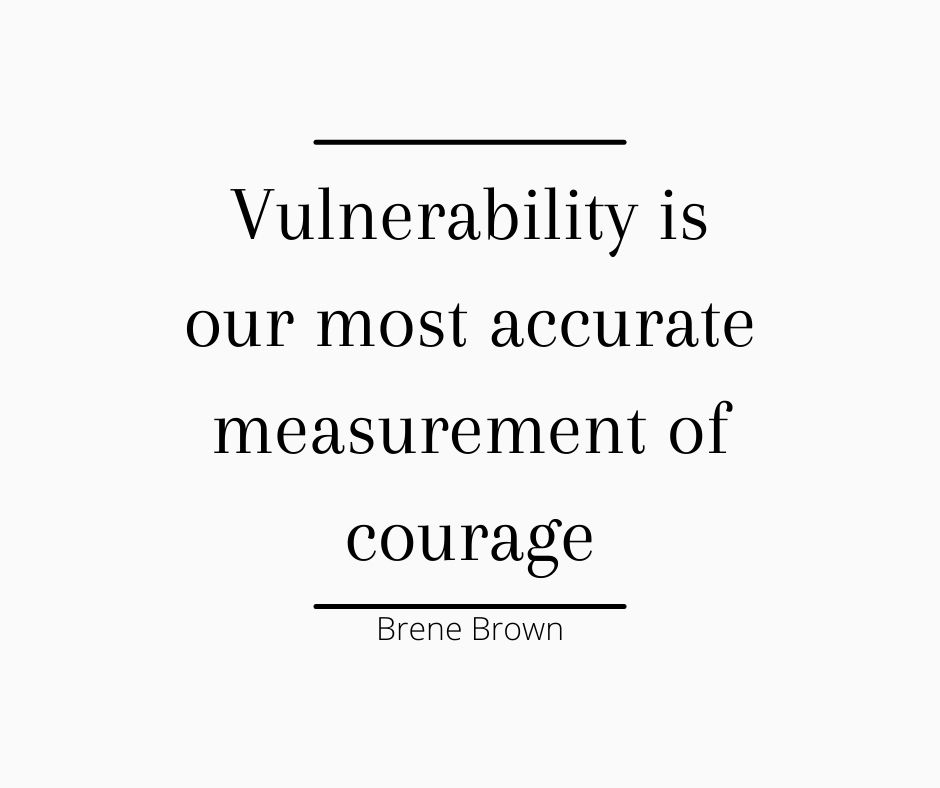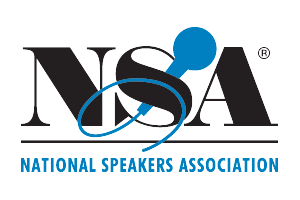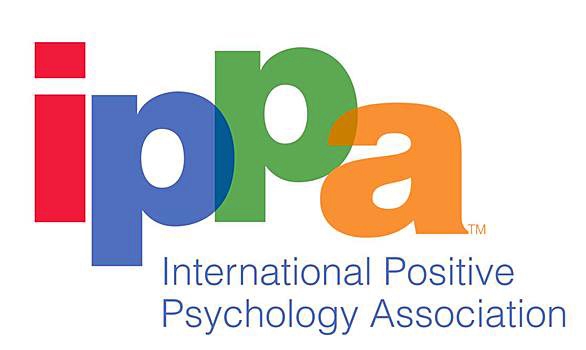
I have a reputation for getting lost anywhere, and I live up to my reputation often. I visited a friend in the hospital a few months ago and spent 10 to 15 minutes trying to find the right exit, in order to find the parking garage. My inabilities in this area are legendary, which is why, in thinking back, it now seems strange that my daughter trusted me with her five-year-old while we were camping. She left us at the showers, assuming I would get us both safely back to our campsite. However darkness set in after she left, and I had no clue where our site was, so I just started walking. My grandson began crying and eventually my daughter rescued us. But here’s the thing, I know my sense of direction sucks and I don’t waste time trying to fix it; I just carry a compass and tell people where I’m going in case I don’t return. I care much more on improving my strengths rather than focusing on my flaws. I compensate for what I can’t do well, and move on; improve upon what I am good at, and recognizing my flaws, compensate accordingly. So often people spend an inordinate amount of time working on their areas of incompetence, when in the long run building on their strengths is much more important.
As we are honest about what we’re good at and what we need someone else to pick up the slack on, we become something that is truly an anomaly…vulnerable. In her book Dare to Lead, Brene’ Brown talks about the importance of that vulnerability, that humanness that admits to not being perfect and draws people in from that perspective. You can be great at what you do and still acknowledge what you don’t do well and that you’re learning. In my new Shortcuts to Success book, I remind people to “Allow and encourage mistakes. Celebrate what is learned in the process and continually reward honesty.”


